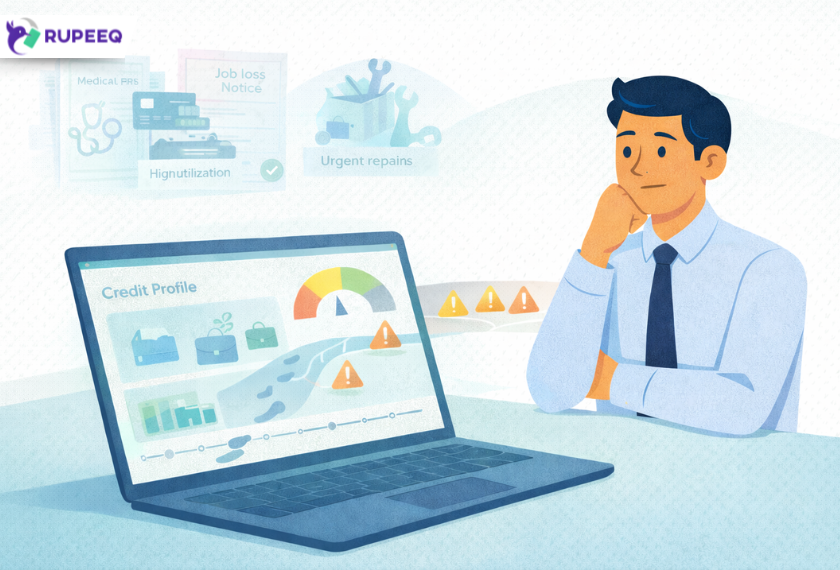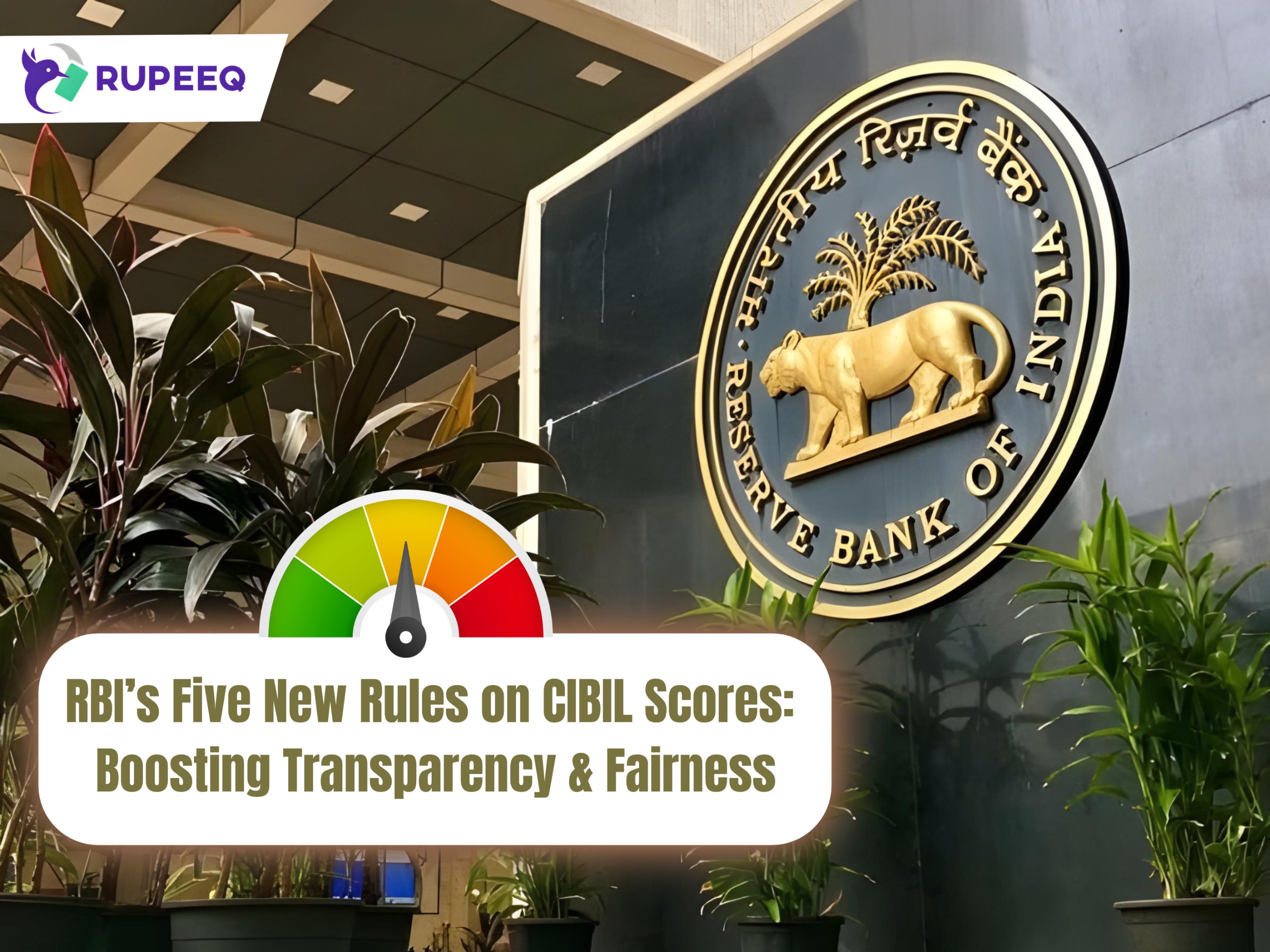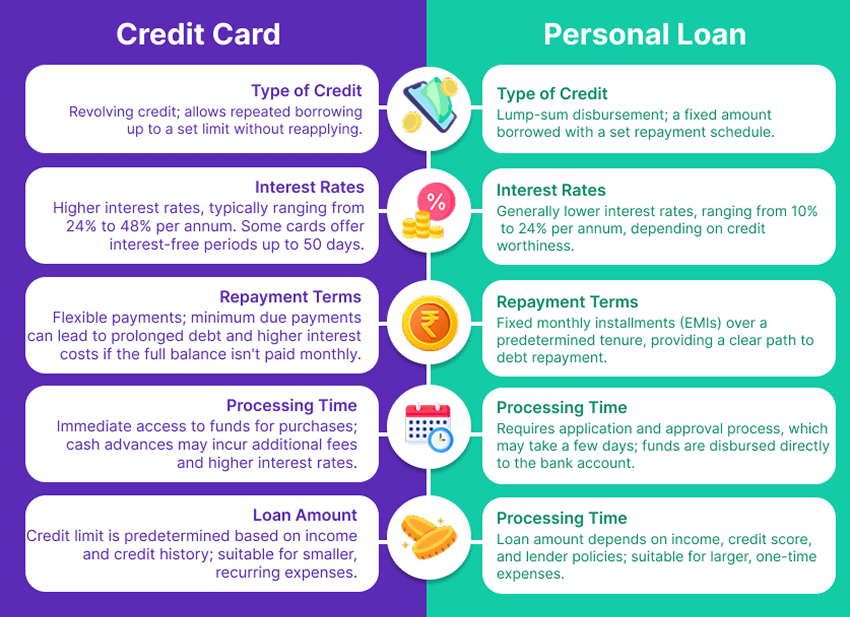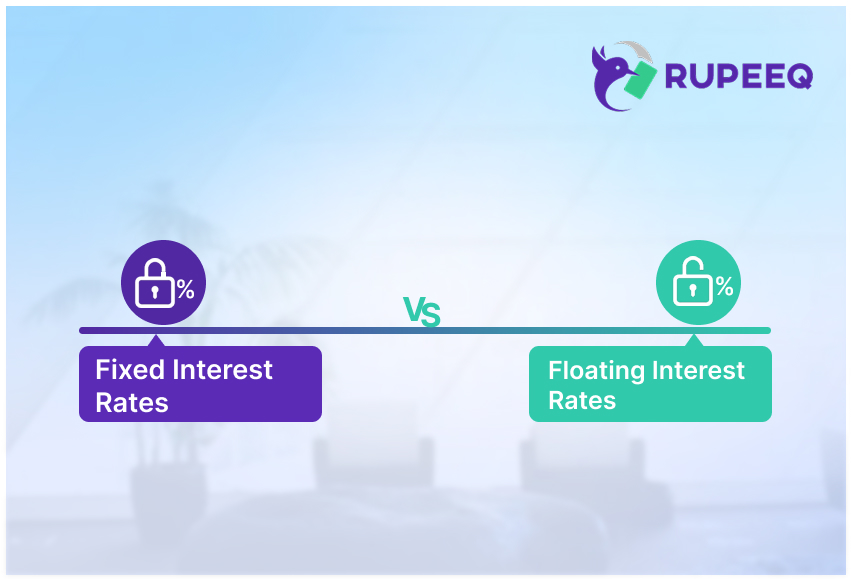Applying for a loan for the first time can feel overwhelming, especially if you’re unfamiliar with the required documentation. Many first-time borrowers wonder why banks and financial institutions require so many documents and how they can increase their chances of quick approval.
At RupeeQ, we simplify the loan application process by ensuring fast approvals with minimal paperwork for partners like banks and NBFCs. This guide will walk you through the essential documents required for a RupeeQ loan application, helping you avoid delays and improve your chances of approval.
Why Documentation Matters for Loan Approvals
Lenders require specific documents to verify your identity, financial stability, and repayment ability. These documents help assess your:
- Repayment capacity by verifying your salary or business income.
- Financial discipline by reviewing your credit history.
- Identity and authenticity through KYC verification.
For first-time borrowers, ensuring that all documents are in order can reduce approval time and increase the chances of getting a loan at a lower interest rate.
RupeeQ Tip – First-time borrowers with no credit history should submit additional income proof, such as IT returns or bank statements, to strengthen their application and improve their chances of approval.
Basic Documents Required for Any Loan on RupeeQ
Regardless of the loan type, lenders require some basic documents for verification.
| Document Type | Accepted Documents |
| Identity Proof | PAN Card (Mandatory) |
| Address Proof | Aadhaar Card, Passport, Voter ID, Utility Bill (not older than 3 months) |
| Income Proof (Salaried) | Salary Slips (Last 3 months), Form 16 |
| Income Proof (Self-Employed) | ITR (Last 2 years), Business Financial Statements |
| Employment Proof | Offer Letter, Employee ID, Bank Salary Credit |
| Bank Statement | Last 6 months (for income verification) |
RupeeQ Tip – Ensure that your bank statements and salary slips match your declared income. Any discrepancies in income proof can result in rejection or a lower loan amount being sanctioned.
Loan-Specific Documents Required on RupeeQ
Different types of loans require additional documents to assess eligibility. Here’s a breakdown of what is needed for each type of loan.
Personal Loan (For Salaried and Self-Employed Individuals)
A personal loan is an unsecured loan, meaning lenders rely heavily on income and creditworthiness rather than collateral.
Required Documents
- PAN and Aadhaar Card for KYC verification
- Salary slips for salaried applicants
- Bank statements for the last 6 months
- Income Tax Returns (ITR) for self-employed applicants
Example
Aman, a first-time borrower, applied for a ₹5 lakh personal loan but didn’t submit his salary slips correctly. His application was delayed by seven days. Ensuring accurate salary details can prevent such delays.
Business Loan (For Self-Employed Applicants & Small Business Owners)
Business loans require additional financial proof since they involve higher loan amounts and business revenue verification.
Required Documents
- PAN and Aadhaar Card for both the business owner and the business itself
- Business Registration Certificate
- GST Registration
- Profit and Loss Statements for the last two years
- ITR filings for the last two years
Example
Rohit, a first-time business loan applicant, didn’t submit his latest GST filing, leading to rejection. Keeping updated financial documents improves loan approval chances.
Credit Line (For Salaried and Self-Employed Individuals)
A credit line is a flexible borrowing facility where interest is charged only on the utilized amount. Since it is an unsecured product, lenders focus on credit history and financial stability.
Required Documents
- PAN and Aadhaar Card for KYC
- Last 6 months’ bank statements
- Salary slips for salaried applicants
- Business financials and ITR for self-employed applicants
Example
Sneha, a freelancer, applied for a credit line but didn’t provide her bank statement showing stable income. Her application was put on hold. Providing consistent income proof increases approval chances.
Common Mistakes That Lead to Loan Rejection
Even if all documents are submitted, certain mistakes can result in loan rejection or delays.
Providing Inconsistent Income Details
Lenders compare salary slips with bank statements. If the figures do not match, the loan may be rejected.
Solution
Always submit authentic salary slips and ensure that your declared income matches your bank credits.
Poor Credit Score or No Credit History
First-time borrowers often face rejection due to a lack of credit history. Some lenders hesitate to approve loans without past borrowing data.
Solution
Before applying, check your credit score on RupeeQ ACE for free and consider building credit with a small loan or credit card first.
Submitting Blurry or Unreadable Documents
Incorrect or unreadable document uploads delay processing.
Solution
Always upload clear, scanned copies instead of low-quality photos.
Not Checking Pre-Approved Offers
Applying for loans without checking eligibility first can result in multiple hard inquiries, reducing your credit score.
Solution
Use RupeeQ’s pre-approved personal loan feature to check eligible offers before submitting an application.
How to Apply for a Loan on RupeeQ in Five Easy Steps
Applying for a loan on RupeeQ is a simple process.
- Visit RupeeQ’s loan marketplace and select the loan type.
- Check your eligibility and credit score using RupeeQ ACE.
- Upload required KYC and income documents for verification.
- Get instant approval from partnered lenders.
- Accept the loan terms and receive funds directly in your bank account.
RupeeQ Tip – First-time borrowers can increase their approval chances by applying for pre-approved offers rather than submitting multiple loan applications.
How to Ensure Fast Loan Approval on RupeeQ?
To get a loan faster, you must keep the following things in mind –
- Check your credit score before applying.
- Prepare and upload all required documents correctly.
- Ensure income proof is consistent with bank statements.
- Compare offers and choose the best-suited loan type.
- Apply only for the amount you are eligible for.
By following these steps, first-time borrowers can avoid rejection, get lower interest rates, and secure loans with minimal hassle.







